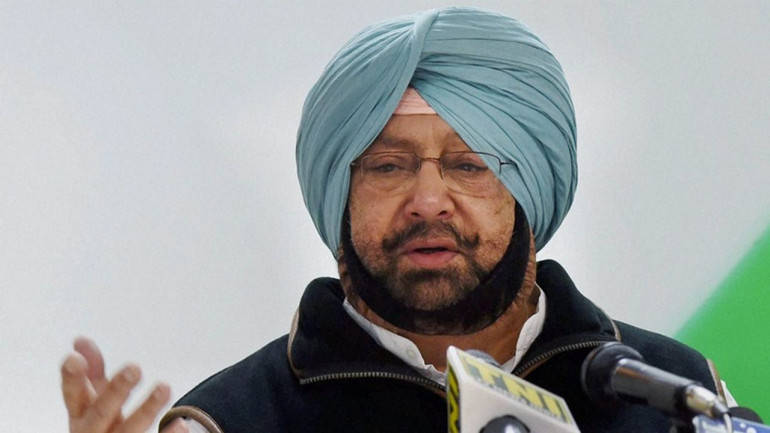Chandigarh, May 24: The Punjab Government, led by Chief Minister Captain Amarinder Singh has decided to take stringent penal action, including Rs 5 crore penalty, against the Chadha Sugar Mill in the Beas spill case.
It has also been decided that the mill, responsible for an “environment catastrophe of a very high level’, shall remain sealed as per the directions already issued on May 17, 2018. The industry will not be allowed to restart any process unless all necessary pollution control measures are taken, as per the decisions taken by PPCB, which submitted its report to the Chief Minister at a high-level meeting here today.
The Board has recommended to the competent authority under the Water (Prevention & Control of Pollution) Act, 1974 for initiating criminal action against the responsible persons of the mill after due investigation.
The Chief Minister had on Wednesday directed PPCB to submit its report in the matter by today. The PPCB report requires the mill to take fresh consent to operate under Section 25/26 of Water (Prevention of Control & Pollution) Act, 1974, an official spokesperson disclosed after the meeting.
Directing the concerned authorities to take necessary action against the mill as per the recommendations and decisions of PPCB, the Chief Minister has also constituted a high-powered committee under the chairmanship of Environment Minister OP Soni to suggest measures for cleaning of the rivers in the state. The Committee, which has also been tasked with suggesting ways to ensure supply of clean potable water, has been asked to submit its report within 10 days, said the spokesperson, adding that the Chief Secretary has been directed by the Chief Minister to work out modalities for making funds available for this gigantic project.
Giving further details of the meeting, the spokesperson said PPCB Chairman Kahan Singh Pannu apprised the Chief Minister about the punitive action taking against Chadha Sugar Mill on the ‘principle of polluter pays’.
The Chairman said that the mill had not only violated the provisions of the Water (Prevention & Control of Pollution) Act, 1974, but also the East Punjab Molasses (Control) Act, 1948 and the Factories Act, 1948. The storage arrangements for the molasses were neither approved by the Excise Commissioner nor were these made as per the requirements of the Molasses Act.
Meanwhile, the Chief Minister has asked the Director, Water Supply and Sanitation, to give a detailed presentation on the cleaning of Buddha Nullah in Ludhiana, besides focusing on the causes of water pollution due to excessive discharge of industrial waste and effluents into it.
Captain Amarinder also underlined the need to study the reasons for water pollution due to reckless flow of effluents from leather ternaries into Kala Sangian drain in Jalandhar district.
On a request by Soni, the Chief Minister asked Director Water Supply and Sanitation to take inputs from the Commissioners of Municipal Corporations of Ludhiana, Jalandhar and Amritsar for cleaning of river waters and provision of safe drinking water to the people. It was decided that on the basis of this exercise, a comprehensive time bound action plan would be prepared for cleaning of river Satluj, Beas and Ravi in a holistic manner.
The Chief Minister underscored the need to immediately make all the Common Effluent Treatment Plants (CETP) in Ludhiana functional and asked the PPCB to monitor the progress in this regard on regular basis. He also asked the Chairman PPCB to ensure installation of ETPs in all the industrial units, especially of dying, textile and leather, as per the requisite norms and parameters.
Prominent amongst those who attended the meeting were Chief Principal Secretary to CM Suresh Kumar, Principal Secretary Science & Technology and Environment Roshan Sunkaria, Principal Secretary to CM Tejveer Singh, Principal Secretary Irrigation Jaspal Singh, Excise and Taxation Commissioner Vivek Partap Singh, Secretary Water Supply and Sanitation Jaspreet Talwar, Chairman Punjab Pollution Control Board Kahan Singh Pannu, Director Water Supply and Sanitation Ajoy Kumar Sharma, Chief Engineer Drainage Vinod Kumar Chaudhary and Principal Chief Conservator of Forests and Chief Wildlife Warden Dr. Kuldip Kumar Lomis.
Discussions
Discussions
